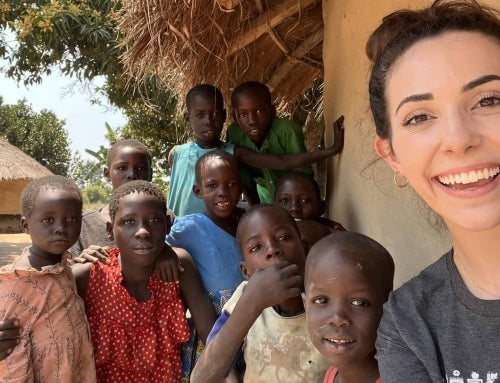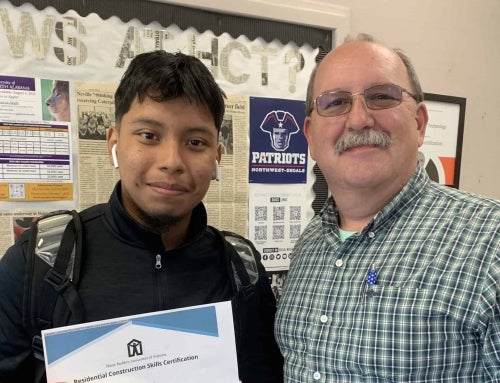Nicholas Kristof, the two-time Pulitzer-Prize winner, New York Times columnist and CNN contributor got his start on a sheep and cherry farm in Yamhill, Ore., where he was a member of the Yamhill Carlton FFA Chapter. Looking back on the thrill of competing in the parliamentary procedure career development event, Kristof knows his time in the FFA helped shape every aspect of his life. FFA New Horizons caught up with him recently.
Q: How has being a part of FFA influenced your writing?
A: My experiences in growing up on a farm and being in FFA have shaped a lot of my views and understanding. I think that background has profoundly molded the issues that I am interested in. I am proud of having grown up on a farm and it makes me a bit different than the other national journalists, and I like to highlight that point.
Q: What skill did you gain from FFA that has been the most beneficial?
A: Simply put, FFA equipped me with an understanding of rural America. I grew up on a sheep and cherry farm, but in FFA, I visited wheat farms, cattle ranches and grass seed operations. In agriculture, we tend to know our own community. But through FFA, I gained a deeper appreciation of agriculture that has stuck with me. I know that agriculture is a source of strong values that we cherish and deeply admire.
FFA also equipped me with important leadership skills. FFA was the only place where I received any kind of formal training in public speaking. Every time I go on CNN, I am leaning heavily on skills I learned in FFA.
Q: What advice would you give to current members?
A: The most important thing you will get out of FFA isn’t the skills from soil judging or record keeping, but it’s the sense of leadership that comes from it all. It’s from trying to figure out how to win votes when running for office. It’s forcing yourself to memorize the FFA creed. The sense of relying on yourself and your peers to grow is the single most important thing that I gained from FFA, and I think that is the greatest support that FFA offers for people 40 years after they wore their blue jacket.












